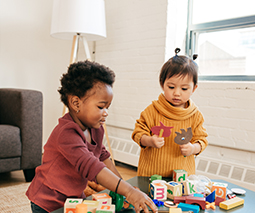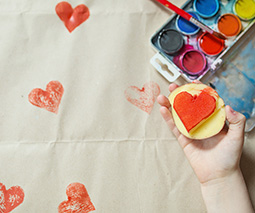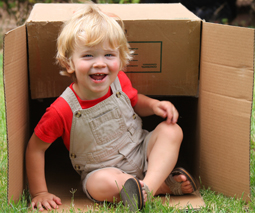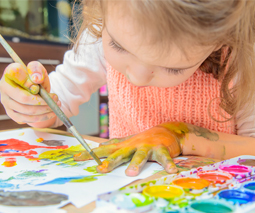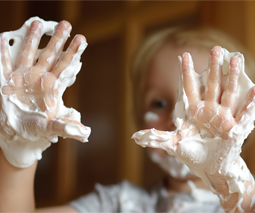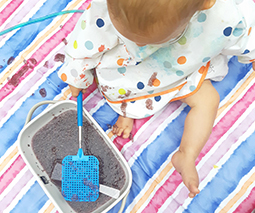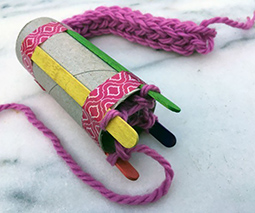8 fun indoor activities to play with your toddler and help them learn
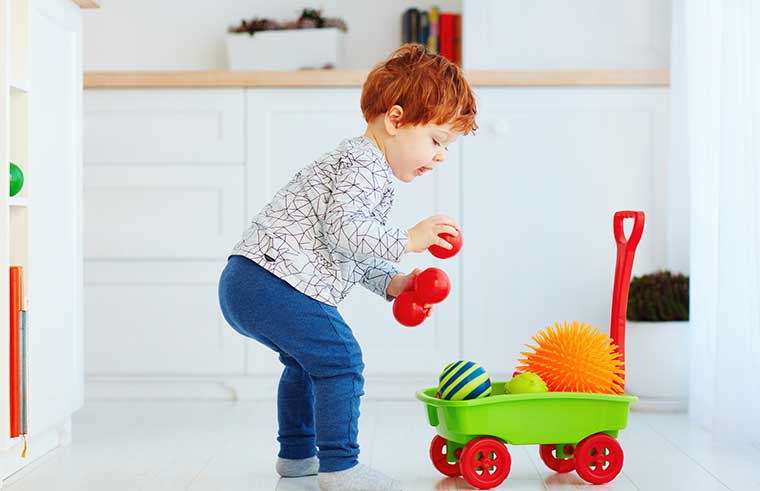
Get down on the floor and play these simple activities with your child and help develop essential skills at the same time.
Your toddler loves nothing more than spending one-on-one time with you, playing, chatting and just simply having your undivided attention. Make the most of this special time by playing games to encourage your child’s development. There are many easy activities that you can introduce to your little one that will not only provide valuable entertainment, but also develop cognitive, physical and emotional skills and encourage speech development.
But the best thing of all, your child will have so much fun, they won’t know they’re even learning anything at all.
1. Time for tea
Set up an indoor tea party with plastic teacups, saucers and teapot filled with water. Ask your child to serve the tea to encourage her fine motor skills as well as her ability to share and take turns. Include a few healthy snacks and make morning tea time even more of an occasion. You can inspire imaginary play by creating a café situation, or by pretending to be different characters. Toddlers love dressing up so let your child grab a few accessories to complete the picture.

2. All together, sing!
Sing or recite nursery rhymes or familiar songs such as ‘Incy Wincy Spider’, ‘Hokey Pokey’ and ‘Wheels on the Bus’, which include easy actions. Or you can simply play the music in the house and sing along, encouraging your child to eventually join in. Music can be wonderfully calming, while the repetition of familiar songs and rhymes helps boost your child’s memory and the ability to recognise different words.
Can’t remember the words to the classic nursery rhymes you loved as a child? Check out the Kinderling Kids Radio app’s Sing-A-Song collection of nursery rhymes and lullabies!
3. Playing shops
Turn the living room into a shop and take turns being the customer and shop assistant. My daughter loved to set up a bookshop, so we would set out all her favourite books to choose from. You can also create a toy shop with all your child’s toys or grocery shop with items from the pantry or fresh pieces of fruit. This will inspire your child’s imagination, creativity, speech development and also encourage fine motor skills with picking up and handling different items.
4. Puzzles and card games
Puzzles are great for developing your child’s cognitive and problem-solving skills. They also promote creativity and the ability to be patient until the puzzle is complete. And depending on the puzzle, it can also be an effective way to introduce shapes, colours or animals. Similarly, you can play boards games and easy card games, which are enormously beneficial. These can be as simple as using flashcards to introduce memory games, where your child has to find matching cards or recognise certain numbers or objects.
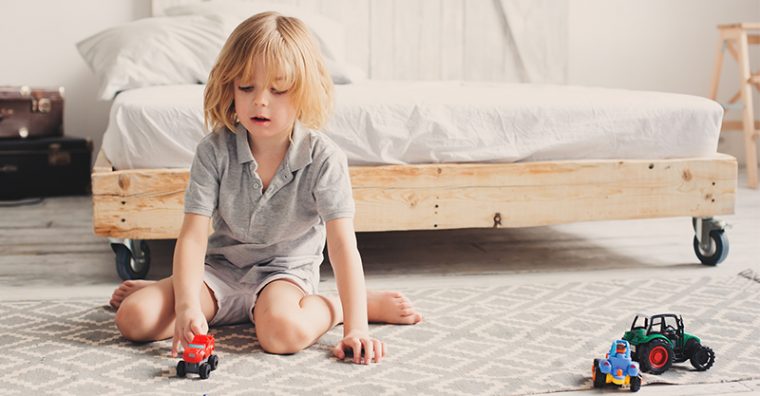
5. Hide and seek
Luckily kids never tire of playing Hide and Seek, which is a fantastic way to develop cognitive skills such as problem-solving. Plus, as you go off to hide, it’s a good way for your child to practice and become more familiar with numbers and counting.
6. Treasure hunt
Choose a collection of your child’s toys and hide them around the house in easy-to-find places. Then get your child to do the same for you. You could also ask your child to fetch certain objects, encouraging them to recognise certain shapes or textures. For example, ask your child to find something that is soft, or something round.
7. Obstacle course
Set up a safe and very simple indoor obstacle course. This might include touching the front door, jumping over small cushions, lying on the ground or actions such as clapping three times or stamping feet – anything that will encourage not only your child’s physical development, but also their memory skills.
8. Action games
Play fun games such as ‘Simon Says’, ‘What’s the Time Mr Wolf’ and ‘Follow the Leader’, which require your child to carry out certain actions. This will help develop your child physical skills as well as the ability to listen and follow instructions to complete a particular task.
 Need some support to be the best parent you can be? Our Parent School parent coaching experts can help. Click to find out more or book a one-on-one session.
Need some support to be the best parent you can be? Our Parent School parent coaching experts can help. Click to find out more or book a one-on-one session.
